Some athletes dream of championships; others of individual glory, but when Lauren Jackson stepped back onto the court at Stade Pierre-Mauroy, all she wanted was a shot at redemption.
Five minutes and 32 seconds into an opening group match at the Paris 2024 Olympics, Lauren Jackson made history. The nation’s most decorated basketballing export may be no stranger to international accolades, but this time it was different. No grandstand finish, buzz-beater or MVP award, for Lauren, success was simply stepping onto the court.
The milestone moment, 12 years after she last represented Australia at an Olympic Games, was the fitting final chapter in one of the nation’s greatest sporting stories. The child prodigy turned international star, vilified by the media and beloved by fans, Lauren Jackson’s path to sporting glory has never been conventional, but as the iconic Aussie reveals, she wouldn’t change a thing.
“No matter where I’m playing, if it’s an Olympic Games, on teams, in seasons, it’s about the people and the relationships that you’re building and how fun the journey is,” she tells me. “More often than not, those years where the stars align, where things start happening, where you feel that connectedness and the true culture, where you share the same values, you’re working toward a goal and it just feels right, they’re the moments I look for because it goes so fast. It goes in a moment.”
No Place Like Home
When I catch up with Lauren, she is in town for the launch of the new Tissot watch boutique. The dazzling new locale sits smack bang in the centre of Melbourne’s bustling Collins Street district, a far cry from her home in rural New South Wales, but it’s not exactly foreign territory for the Aussie sports legend. As she reveals, despite a playing career that took her halfway around the globe, Melbourne has always felt like a second home, thanks largely to those who call it their own.
A city of sports-mad locals who feed off the energy of the athletic pursuit, Melbourne is a city that understandably loves Lauren. The feeling is mutual. It was here at the 2006 Commonwealth Games that Lauren led an uncompromising Opals team to a milestone win, snatching victory in a blockbuster Gold Medal bout against Trans-Tasman rivals New Zealand.
“That Gold Medal at the Commonwealth Games was really special, particularly playing at John Cain Arena. I’ve had some great memories here in Melbourne,” she tells me. “I’ve definitely been so lucky to play all over the world and experience different cultures, but for me, there’s no place like home. So being back here in Melbourne, creating new memories, it means a lot. So I love this place. I really do.”
As she speaks, it’s clear that the fierce competitor, so often cast in the role of heel, has softened over time. The six-foot-five frame is still commanding, the blonde locks unmistakable, but there’s a warmth to her presence. Even as we chat, fans quietly gather around us, not for photos or autographs, just merely content with telling Lauren how much they love her. It’s a kind of respect rarely seen in the age of celebrity, but if any Australian athlete has earned it, it’s Lauren Jackson.
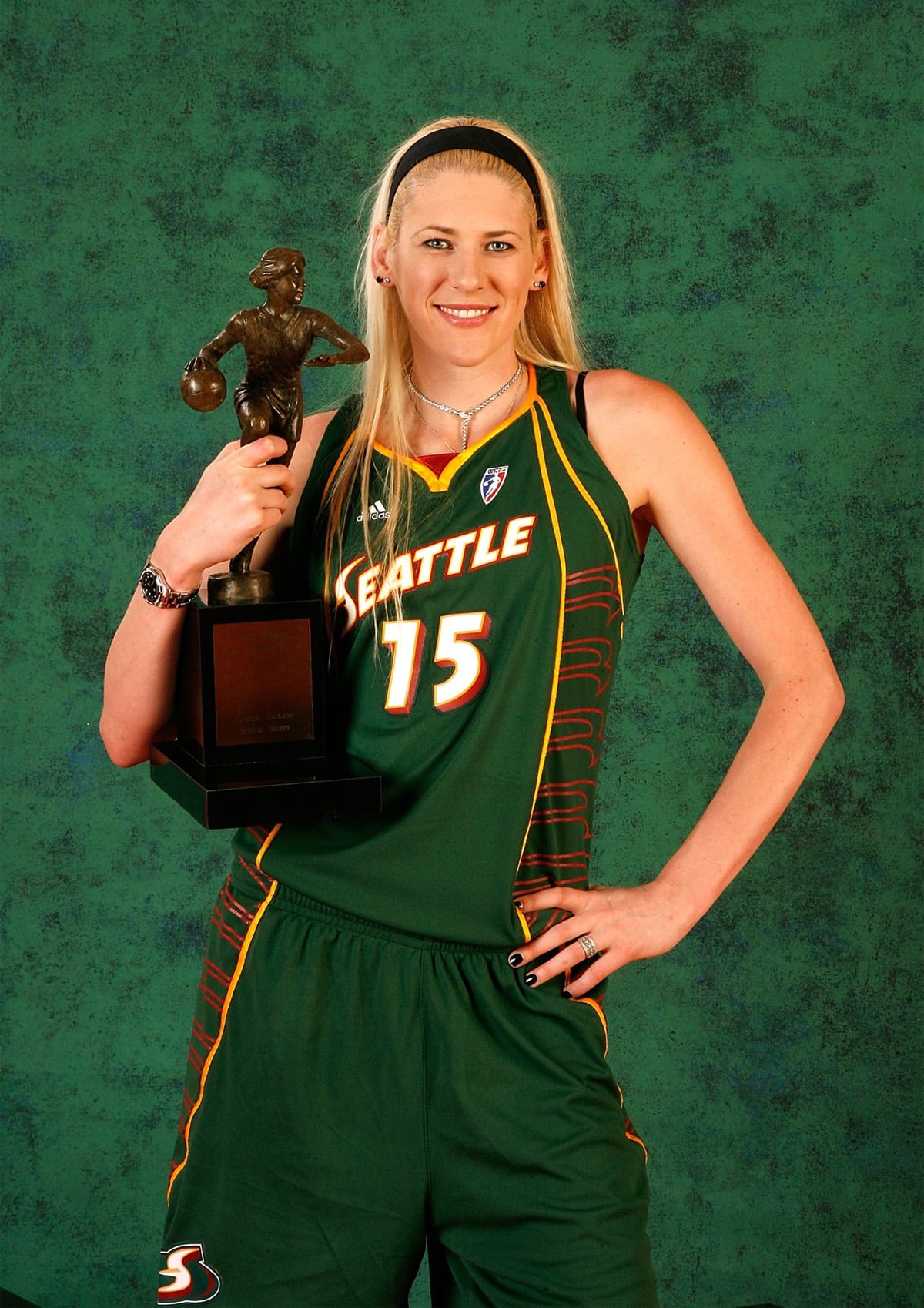
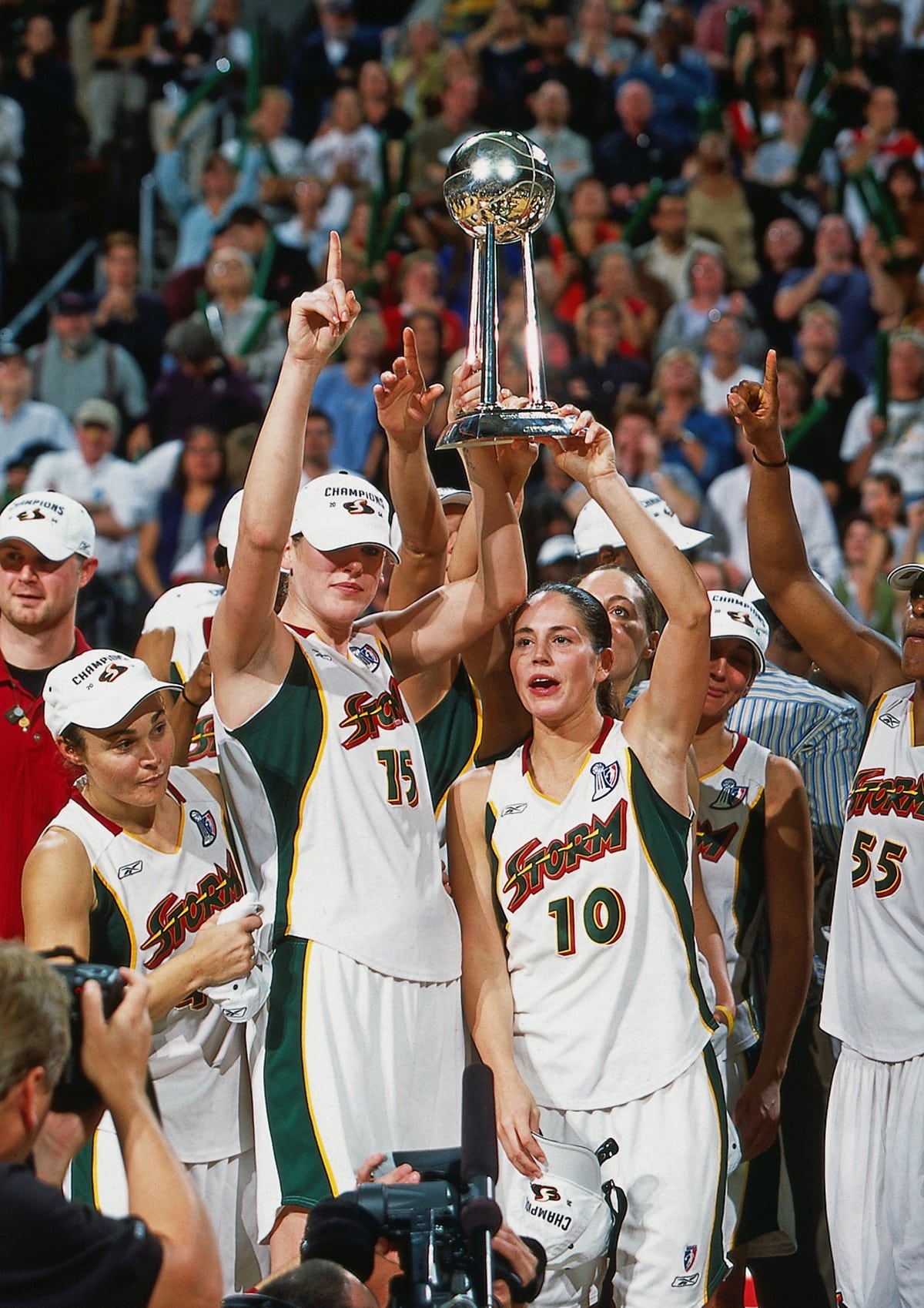
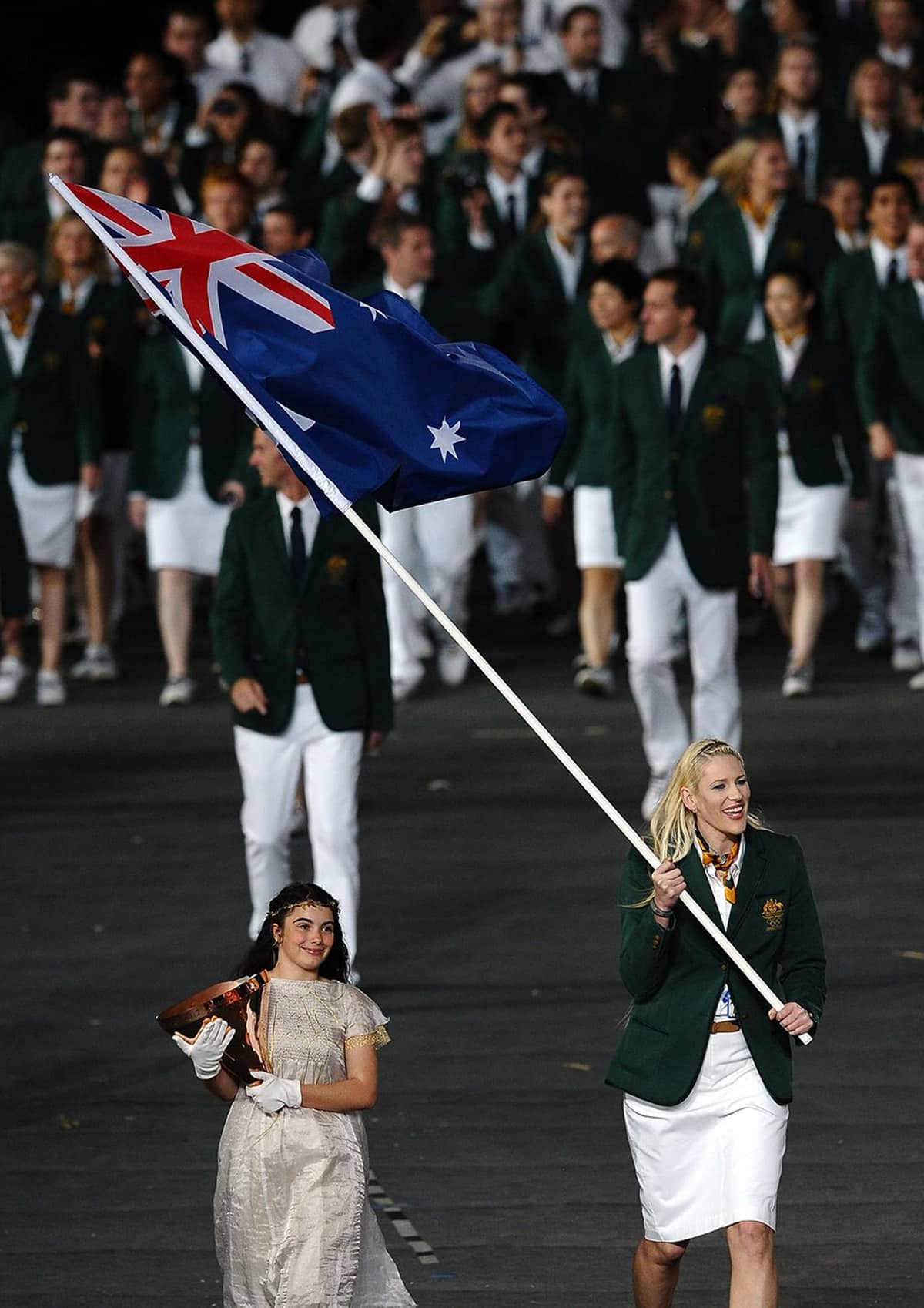
On Becoming the ‘Next Big Thing’
Seven WNBL championships, two WNBA championships, and a string of MVPs across a multitude of continents. Lauren Jackson has conquered the globe. A three-level scorer who could post-up and shoot threes, the towering Aussie was ahead of her time. Before Curry, before Caitlin Clark, even before LeBron James, there was LJ.
A highly-touted young star, Lauren famously left home at age 15 to join the Australian Institute of Sport, before making her debut in the national league at 16. Just four years later, she would go number one in the WNBA draft, picked up by the Seattle Storm in a landmark signing that sent shockwaves through the global sports scene. Reflecting on those early days, she reveals that the gravity of the situation was almost entirely lost on her.
“It was totally wild. I remember flying over to New York for the draft with my mom; we’re from the country, so when we were picked up in a limousine and they asked us what we wanted to eat, I said McDonald’s. That how young I was,” she says.
“I think once I was in that environment, I was in it. It just took a life of its own and my career evolved from there. You’re into the training every single day and you’ve got this routine; it’s just the way that it happened. I never really had time to reflect on it. I just went with it and one foot in front of the other, and that’s how it went down.”
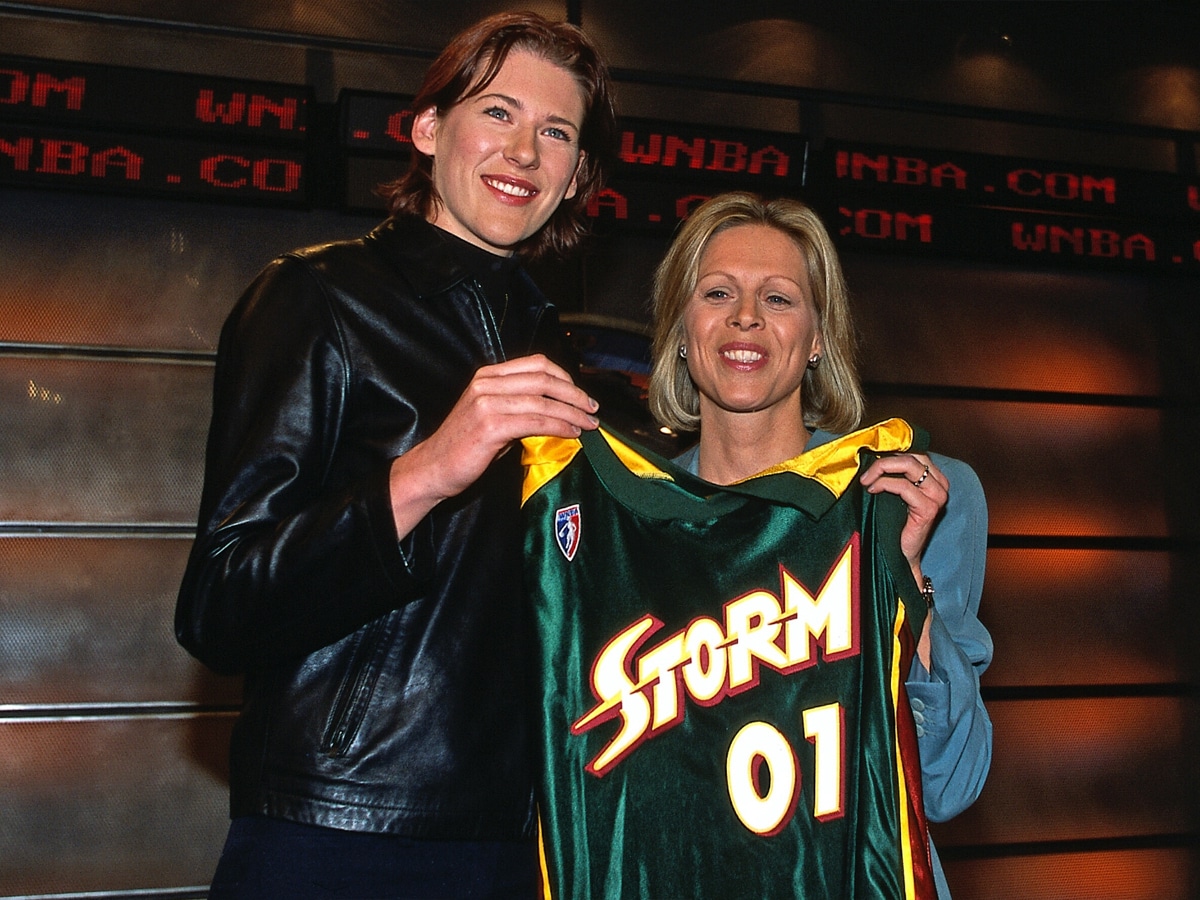
Admittedly, it wasn’t her first foray on the global stage. One year earlier, Lauren had led the Opals team to Olympic Silver as a 19-year-old, playing in front of a packed hometown crowd in Sydney. While that should have been a moment fraught with nerves, Lauren reveals that she never once the burden of expectation, admitting that the naivety of youth probably had a lot to do with it.
“At the time I didn’t realise how big that moment was, so I just went in there and played the way that I do—free,” she says. “I wish that I was able to keep playing like that. As I got older and became more recognisable, the pressure definitely started to kick in.”
“We’re so stuck on focusing on what’s going to happen next instead of really enjoying the moments that we’re in and living them to the fullest.”
“I just took it as any other tournament or any other game that I was playing and I didn’t really, yeah, I just didn’t succumb to the pressure. I just enjoyed every moment. And also too, I thought we were unbeatable. I thought that we’d be able to get America and I just had no fear.”
Her budding team may have fallen agonisingly short of a maiden Olympic Gold, but her 24-point, 13-rebound performance stamped her arrival with resounding authority. Over the next 15 years, Jackson would dominate the WNBA, leading the Storm to two Championship titles and earning three league MVPs in the process. But in 2016, it all came to an abrupt end.
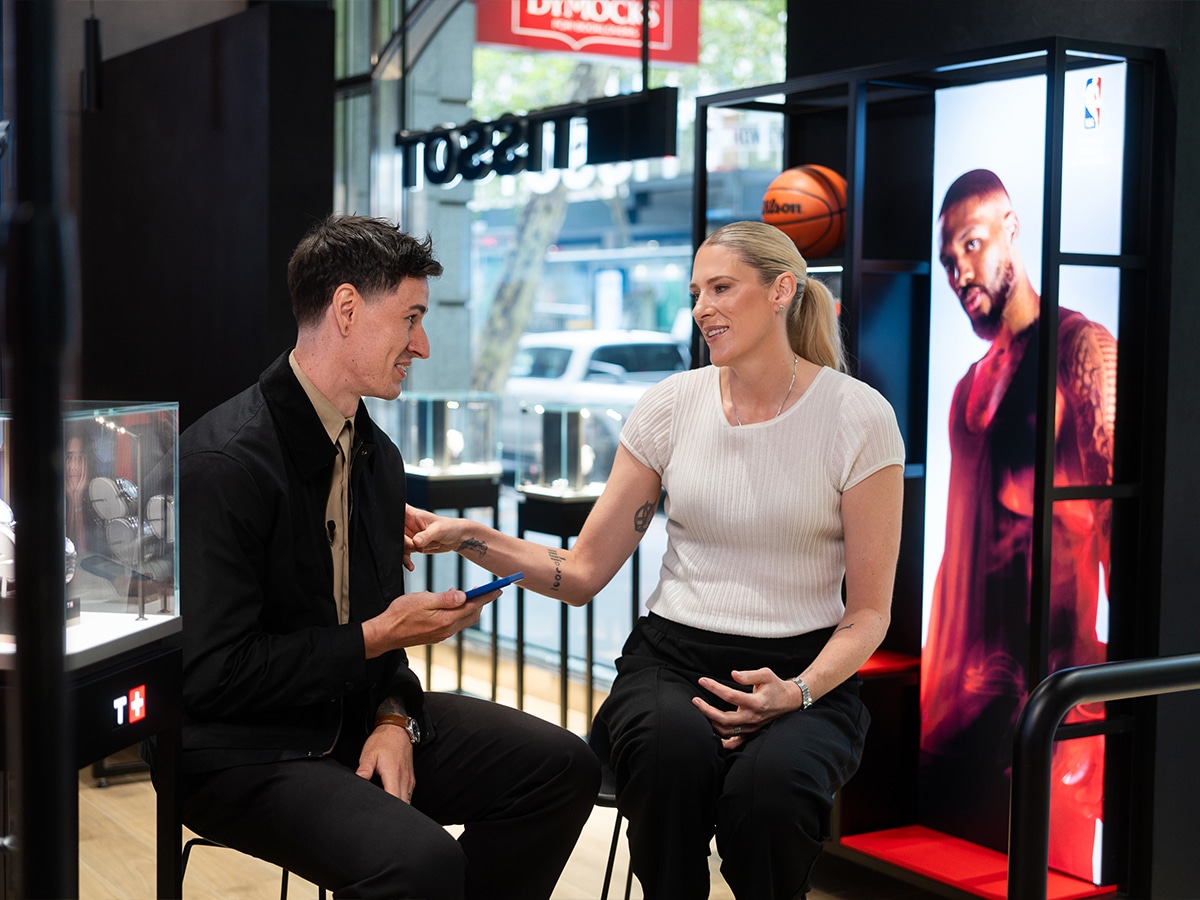
The Comeback
After a lifetime in competitive sports, the physicality finally took its toll. Forced to undergo a half knee replacement or risk losing mobility, Lauren took the reality check as a sign that her playing days were numbered. The road to recovery would be long and painstaking, with no guarantee that she’d ever return to the court. And so, with a kit bag full of trophies and a reputation that struck fear in the hearts of defenders the world over, she waved goodbye to the sport that had given her so much.
“When I was young, I really didn’t think about retirement,” she says. “After I had a half knee replacement…I got back into work life, had a couple of kids. I was happy going about my day. I think as you get older, those are the sorts of things that you focus on a little bit more and you try and prepare yourself for what’s going to happen after.”
But a few years into retirement, something shifted. What started as a chance to return to a familiar stomping ground quickly became an opportunity for a second chance.
“After a few years, I thought, now it’s time to sort of get back in the gym and try and lose a bit of weight,” she tells me. “That turned into the coach of the NBL1 team in Albury seeing me shooting around one day and saying, ‘What do you think about playing NBL1?’. In the back of my mind, I was like, I would, but there’s no way it’ll ever happen. My knee won’t hold up.”
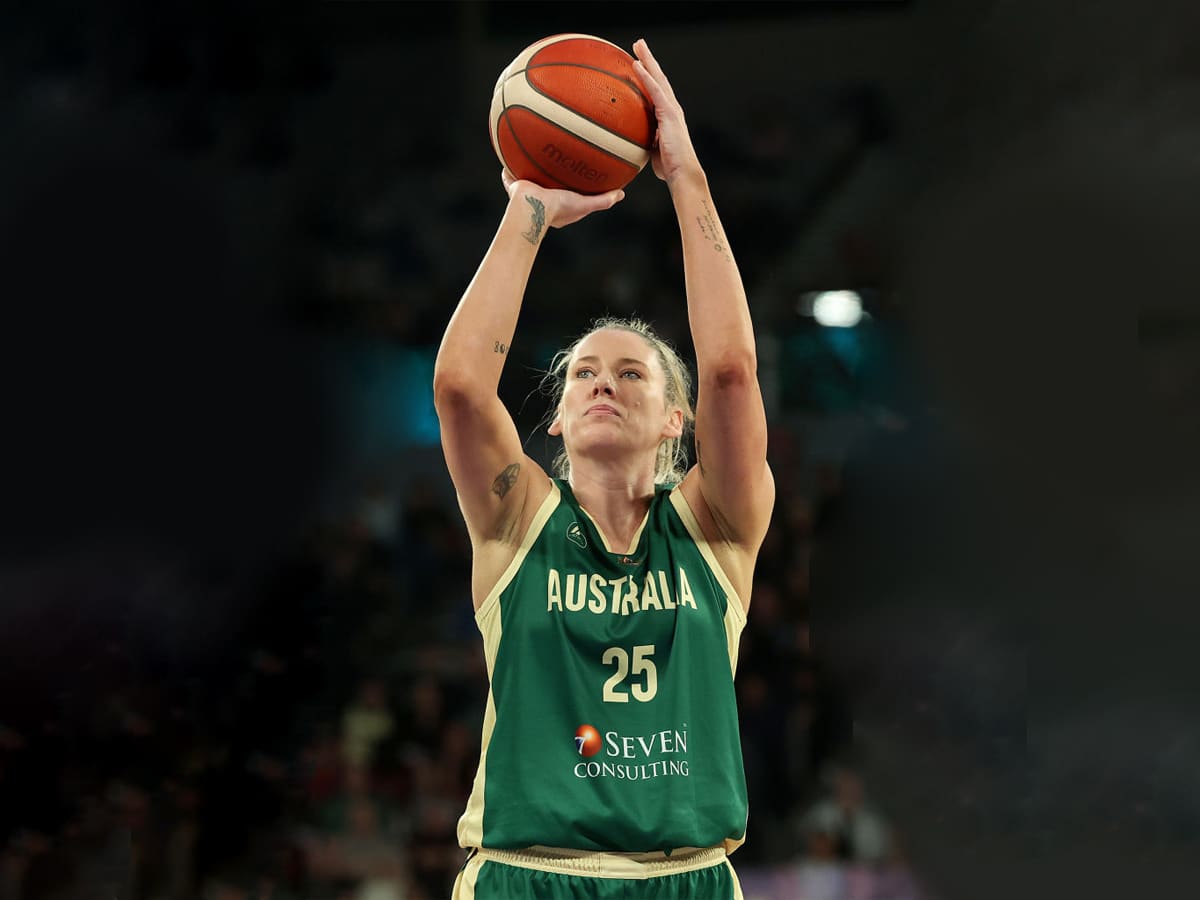
As Lauren reveals, she initially signed with the team as a largely symbolic move, thinking it might help boost memberships, but to her surprise, the old fire still burned strong. Within eight games, she was receiving calls from the national team coach asking if she still had aspirations to wear the green and gold.
“I was like, this is never going to work, but how am I going to say no?” she says. “The thing is that the work that I had to put in was the same for NBL1 as it would’ve been for the Australian team. My body was just in such a bad way that I knew that I had to get as strong as I possibly could get to have that opportunity to play again. Once I got back to that level, I was in with a chance.”
Cast in an entirely new role, Lauren found herself as the elder statesman of the Opals team. One of a rare few who had been there and done it before, her influence on the orgnaisation became less to do with Xs and Os, and more about mindset. Unbeknownst to Lauren, it was a position she had prepared for.
“Those years and years of experience, heartache, triumph; all of these things that make you who you are today, they guide you moving forward,” she explains. “Looking back over the years in my career, I made a lot of mistakes as a young person, as we all do. I definitely wasn’t a very well-rounded human, I don’t think as a youngster. But as you get older and as you have these experiences and you learn, you learn about yourself, you learn about the world, resilience is built from all that. It’s built from the ups and downs.”
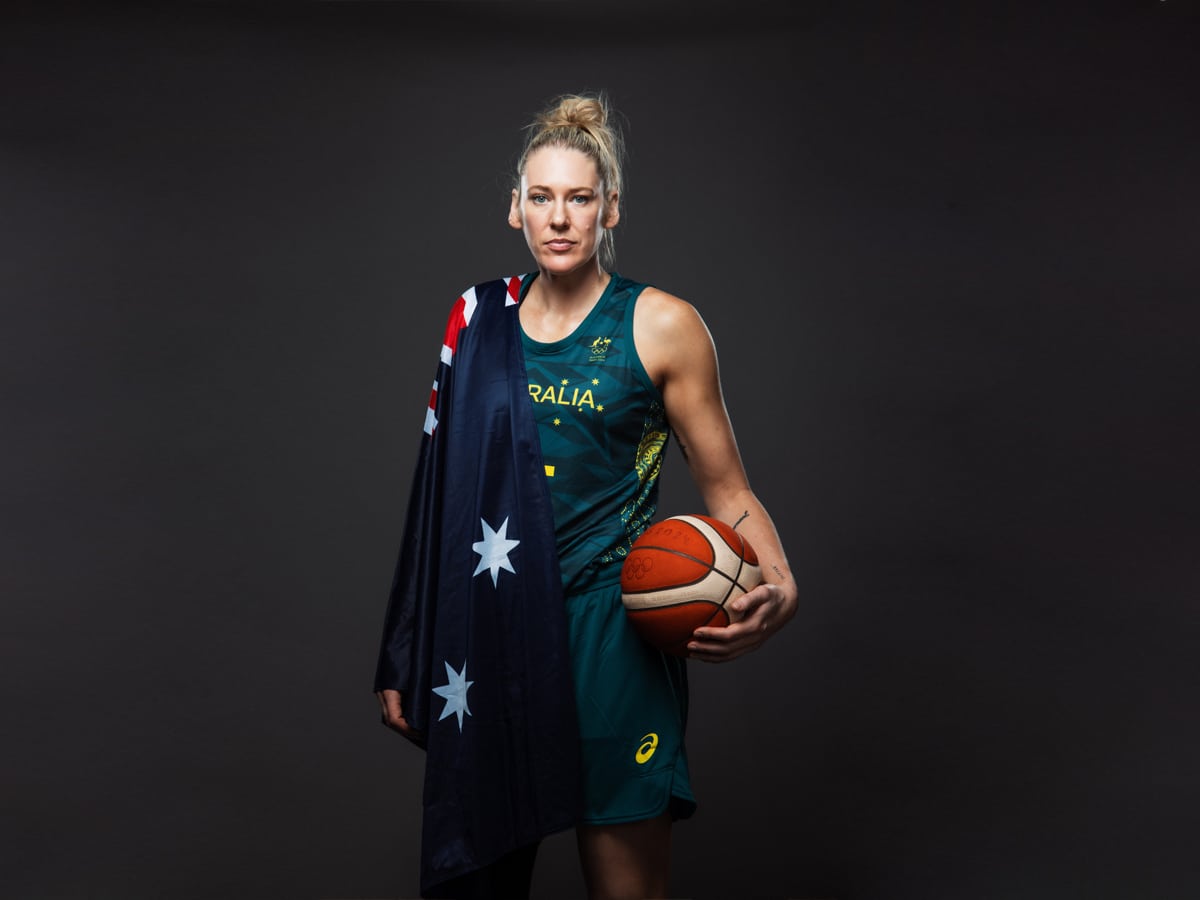
New Beginnings
Now 43, Lauren’s playing days may be over but she isn’t taking a backwards step. Earlier this year, she undertook a new challenge, stepping into a role as Special Advisor for the Women’s National Basketball League (WNBL). Already the head of women in basketball for Basketball Australia and a key figure in Indigenous leadership program She Hoops, Lauren is bringing a familiar drive for success to her post-playing endeavours. You would expect nothing less.
With a legacy already etched in basketball folklore, Lauren has earned the right to rest on her laurels. But for her, success isn’t simply about what she did on the court; it’s about what she’s doing now. “The work that I’m doing off the court, providing pathways for females in our sport, making it more accessible, creating visibility and opportunities—that’s the legacy I want to be remembered for,” she says.
“Basketball has given me so much in my life. I don’t know who I would be without it. So for me, it’s giving back to the sport and it’s been such an incredible thing in my life. It’s everything.”
More than two decades after she first broke out, Lauren Jackson is living proof that legend status doesn’t fade. Although the game may have changed and structures have evolved, she remains one of Australia’s most important cultural icons. Now, she’s giving back. With the next generation of stars under her watchful eye, Lauren is finally getting the chance to reflect on the successes of the past and live in the moment. It’s been a long journey to this point, and if there is one takeaway from her incredible career, it is simply that every second, no matter how small, can still count for something.
Swiss watchmaker Tissot opened its first Melbourne boutique on the city’s prestigious Collins Street on 29 January 2025. Located at 234 Collin Street in Melbourne, the new boutique joins major cities such as London, Paris, New York, and Osaka, boasting an international store concept characterised by the unmistakable design codes of the Swiss Brand watchmaker since 1853.
Image Credit: WNBA, Basketball Australia, Australian Olympic Team, FIBA
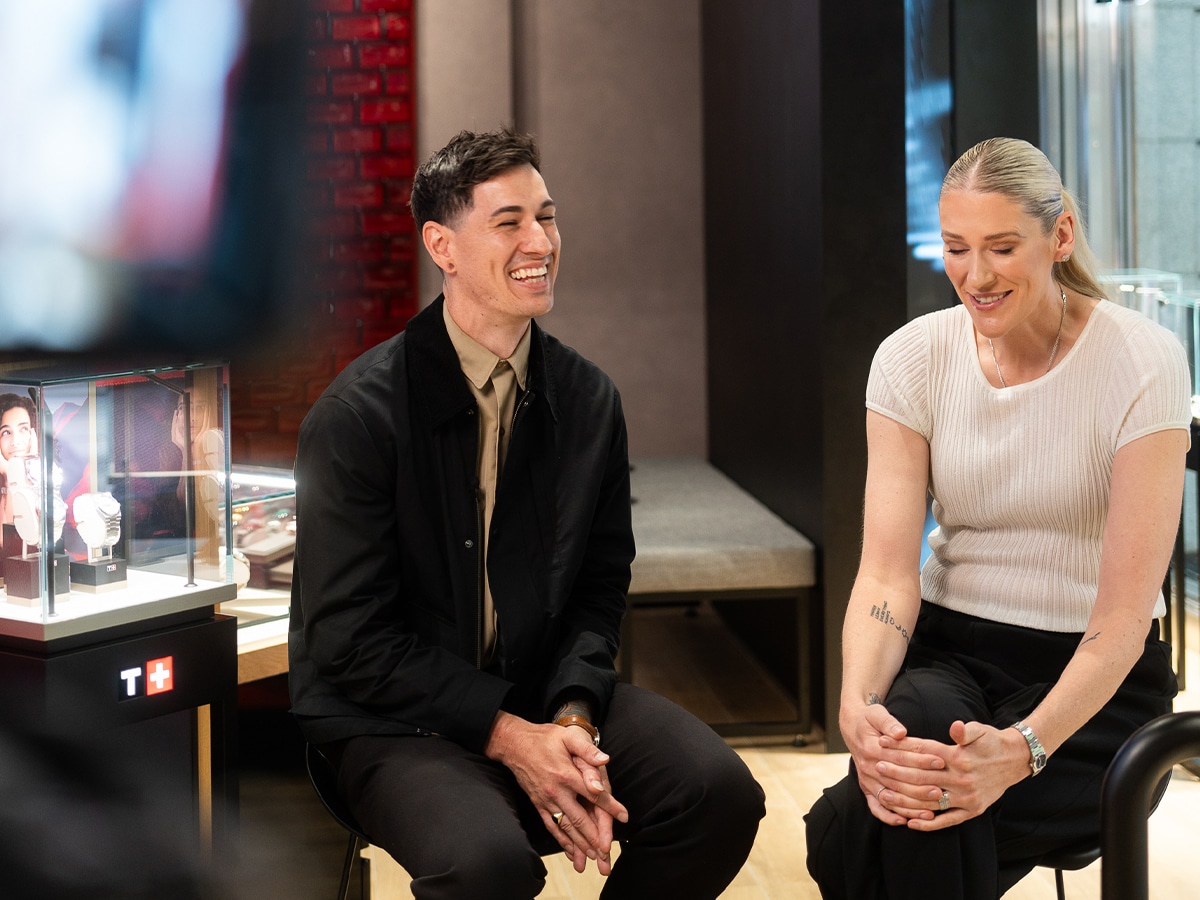






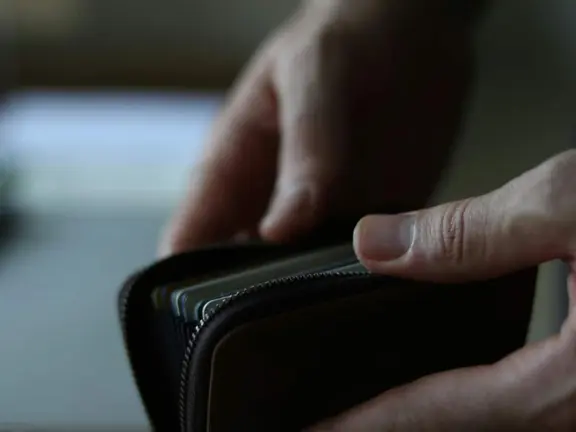



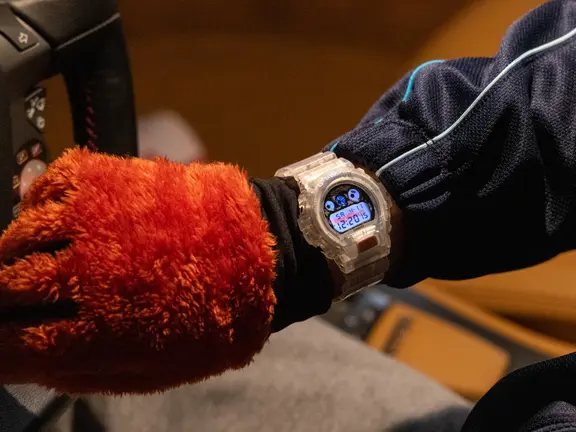


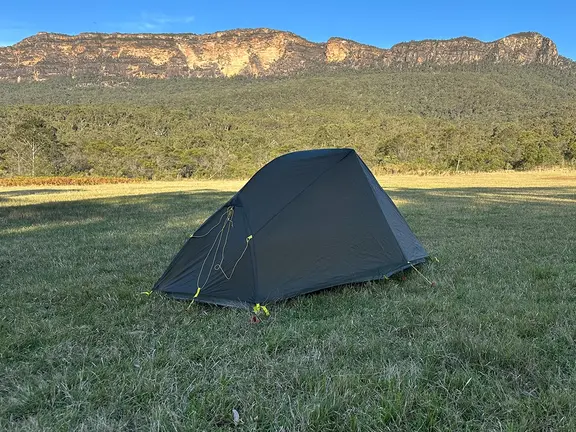
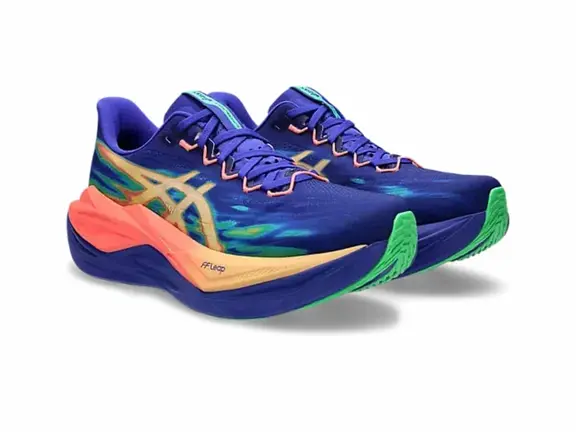


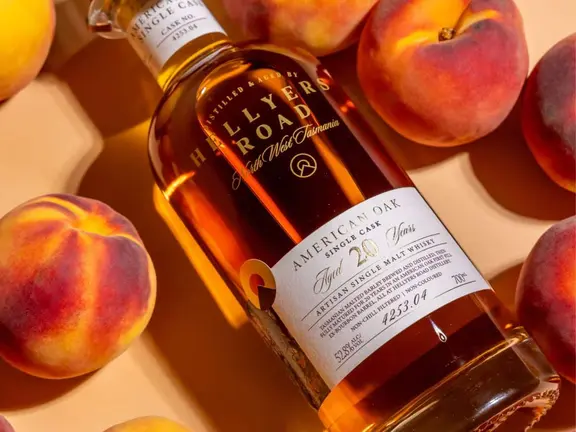




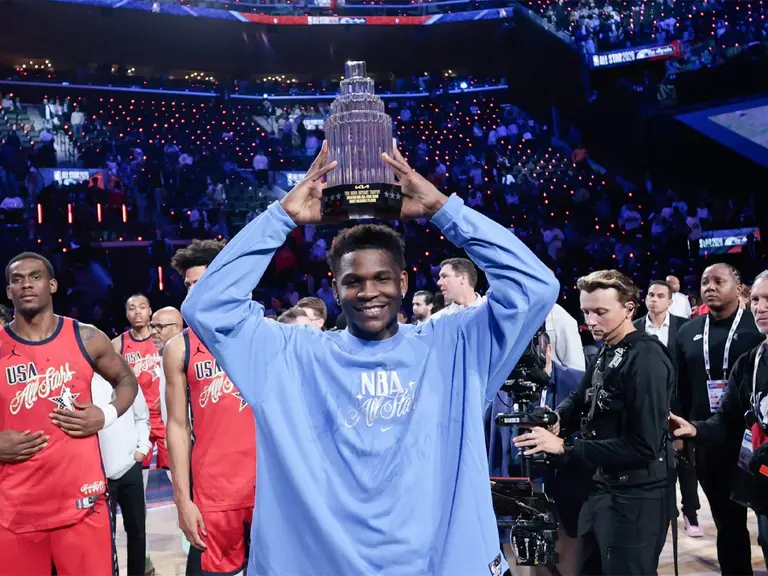




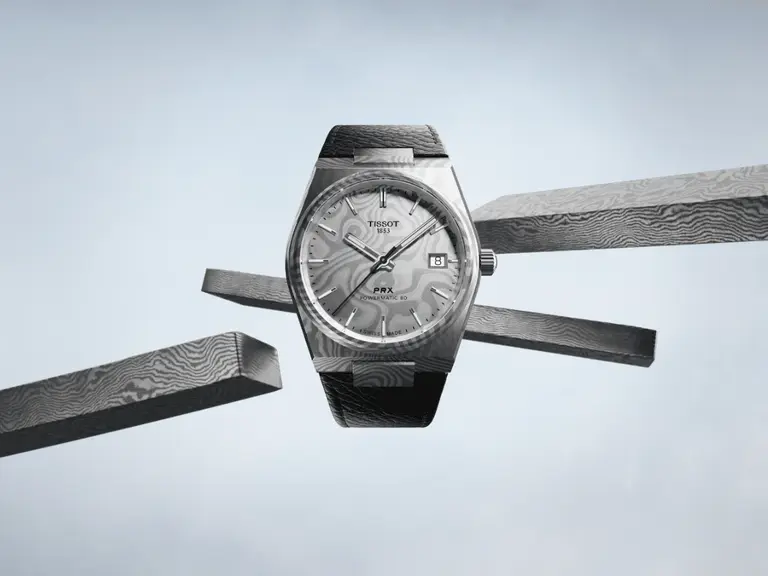


Comments
We love hearing from you. or to leave a comment.